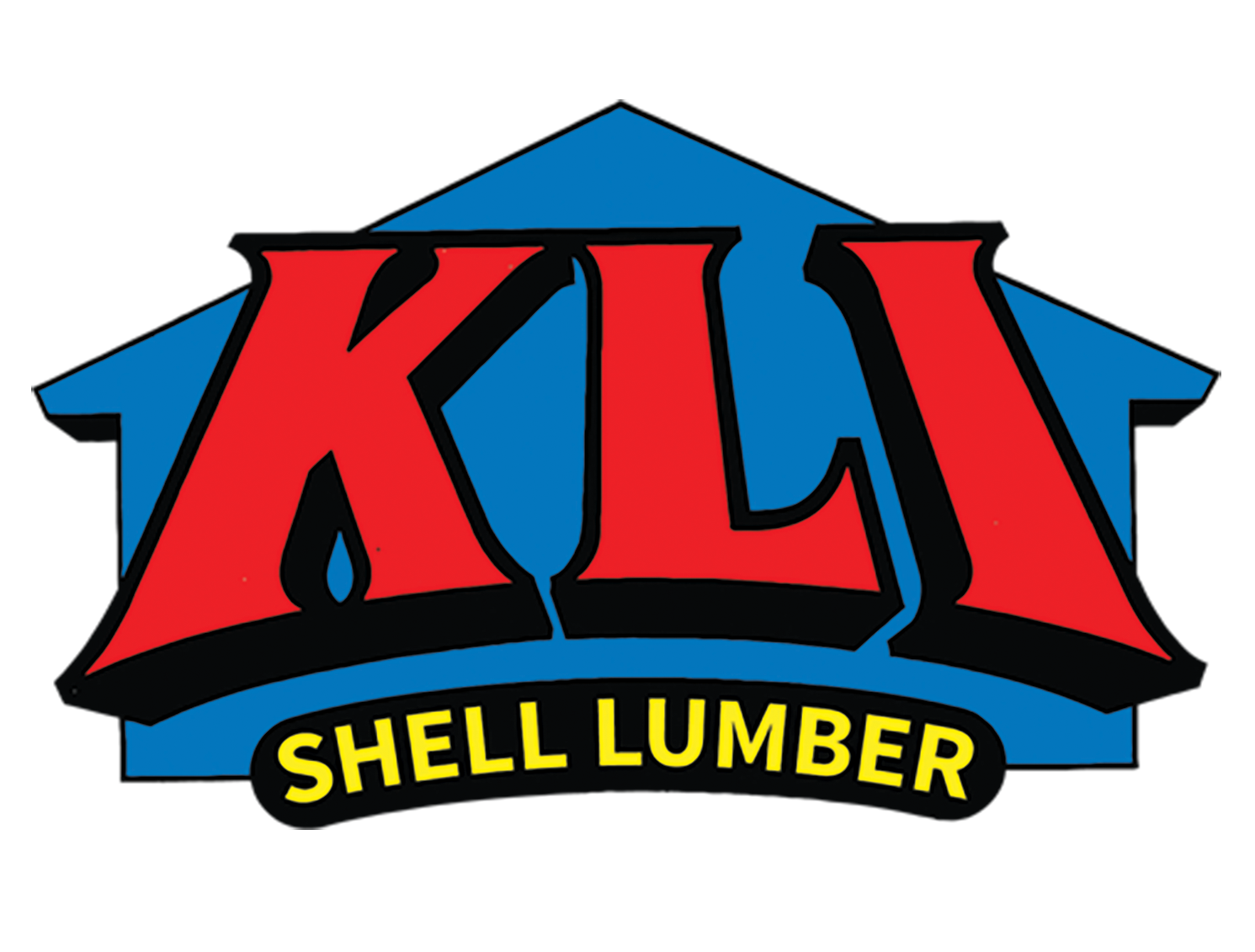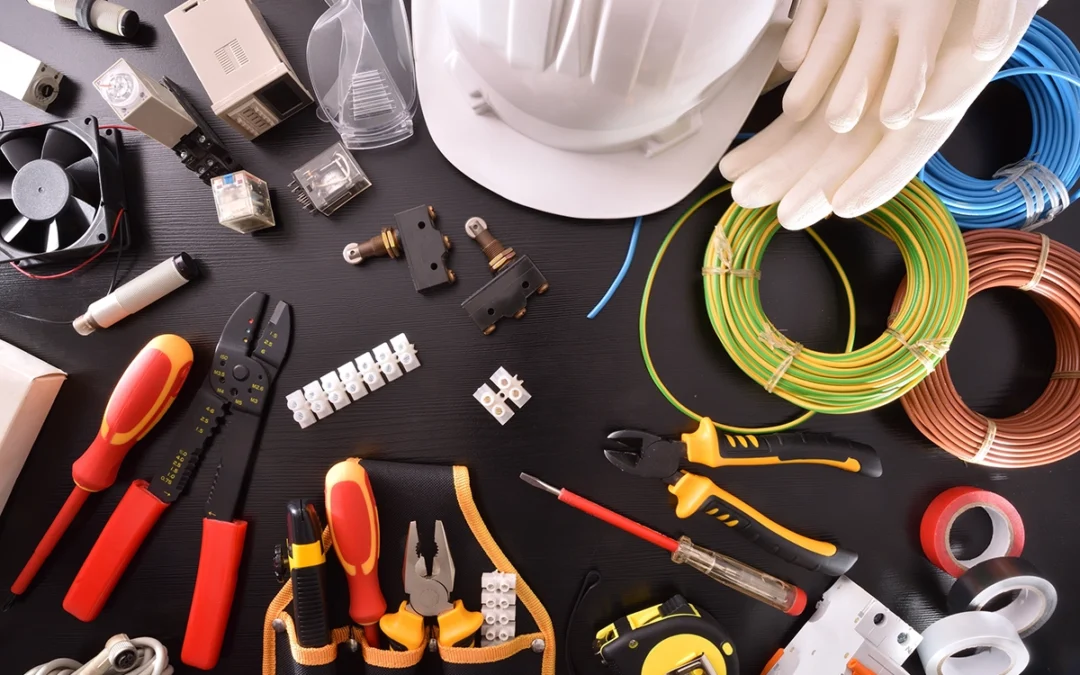If you’re a building contractor, electrician, or simply a DIY enthusiast looking to tackle home repairs, understanding the essentials of home electrical supplies is crucial for effective and safe installations. In this blog post, we’ll cover the key materials and equipment you need to know about to ensure your next project goes off without a hitch.
Why Understanding Electrical Supplies is Essential
Whether you’re wiring a new home or upgrading an existing system, having the right electrical supplies is vital. They not only ensure the safety and efficiency of electrical installations but also help in meeting building codes and regulations. From basic wiring to sophisticated smart home systems, the right materials make all the difference.
Key Electrical Supplies You Need to Know
1. Wiring and Cables
Wiring is the backbone of any electrical system. Here are the types you should be familiar with:
- Non-metallic Sheathed Cable (NM): Commonly known as Romex, this is used for indoor residential wiring.
- Underground Feeder Cable (UF): Designed for outdoor use; it can be buried directly in the ground.
- Armored Cable (AC): Often used in commercial buildings, it provides protection against physical damage.
- Coaxial Cable: Used for internet and television connections.
- Ethernet Cable: Essential for network connections within modern homes.
2. Electrical Boxes
Electrical boxes house wiring connections and protect them from external elements. Types include:
- Junction Boxes: Used to connect different wires.
- Outlet Boxes: Designed to hold outlets and switches.
- Ceiling Boxes: Support light fixtures or ceiling fans.
3. Switches and Outlets
Switches and outlets come in various designs and functionalities:
- Single-Pole Switches: The most common type for controlling lights.
- Three-Way Switches: Allow control from two locations.
- GFCI Outlets: Provide ground fault protection, essential for wet areas like kitchens and bathrooms.
- USB Outlets: Combine traditional outlets with USB ports for charging devices.
4. Circuit Breakers and Panels
Circuit breakers are crucial for protecting electrical circuits from overloads and short circuits:
- Main Breaker Panels: Serve as the control center for a home’s electrical system.
- Subpanels: Used for extending the electrical system to other areas of the house.
- AFCI Breakers: Protect against arc faults, a leading cause of electrical fires.
5. Conduits and Fittings
Conduits protect electrical wires and cables:
- PVC Conduit: Lightweight and easy to install, ideal for outdoor use.
- Metal Conduit: Provides robust protection, often used in commercial settings.
- Flexible Conduit: Offers flexibility in tight spaces.
6. Lighting Fixtures
Proper lighting is essential for both functionality and aesthetics:
- Recessed Lighting: Installed into the ceiling for a streamlined look.
- Pendant Lights: Hang from the ceiling, ideal for kitchen islands and dining areas.
- Wall Sconces: Mounted on walls, they provide ambient lighting.
Conclusion
Equipping yourself with the right home electrical supplies is essential for successful electrical projects. By understanding the key materials and equipment, you can ensure safety, efficiency, and compliance with building codes. Whether you’re a professional contractor, electrician, or a DIY enthusiast, these insights will help you tackle your next project with confidence.
Ready to start your next project? Visit your local electrical supply store or consult with a trusted supplier to get the best materials for your needs. Ready to take your electrical projects to the next level? Explore our wide range of modern electrical supplies and equipment today at Shelllumber.com.

